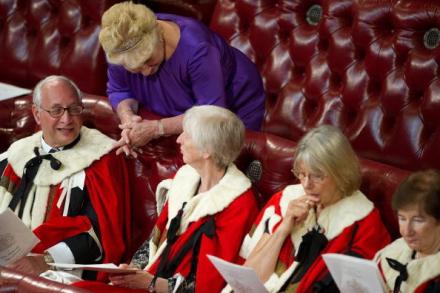How would the House of Lords be elected?
In the debate over House of Lords reform, the Lib Dems are trying to say that they favour an elected House of Lords and anyone who opposes them is a reactionary in favour of the status quo. They believe that this is their best chance of winning the argument. But, in reality, things are more complicated than that. Some of the Tories most sceptical of the Clegg proposals are actually believers in an elected second chamber. They just don’t want it to be done through STV, a system that the Lib Dems favour because it would hand them the balance of power there. The issue of the voting system under















